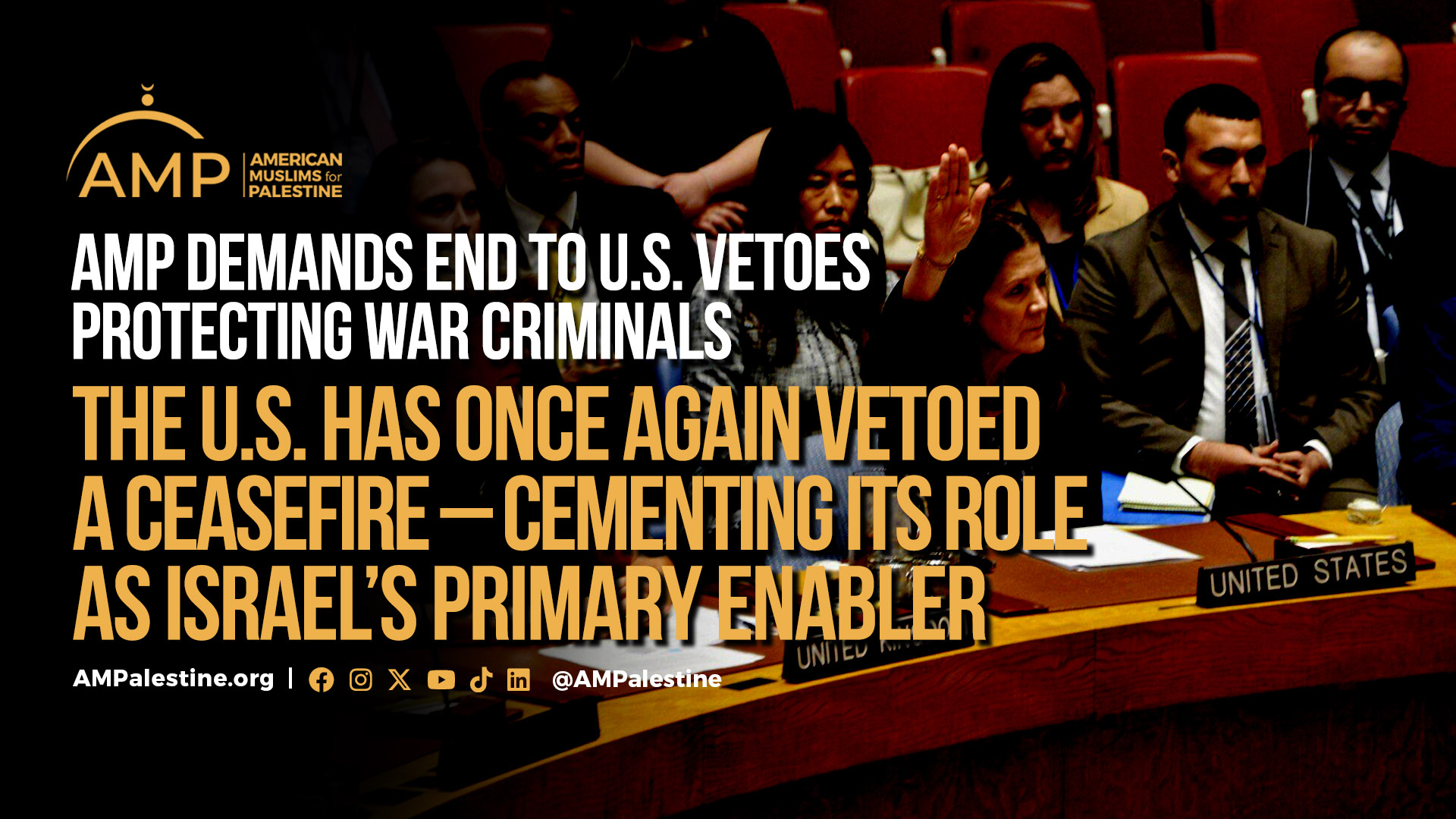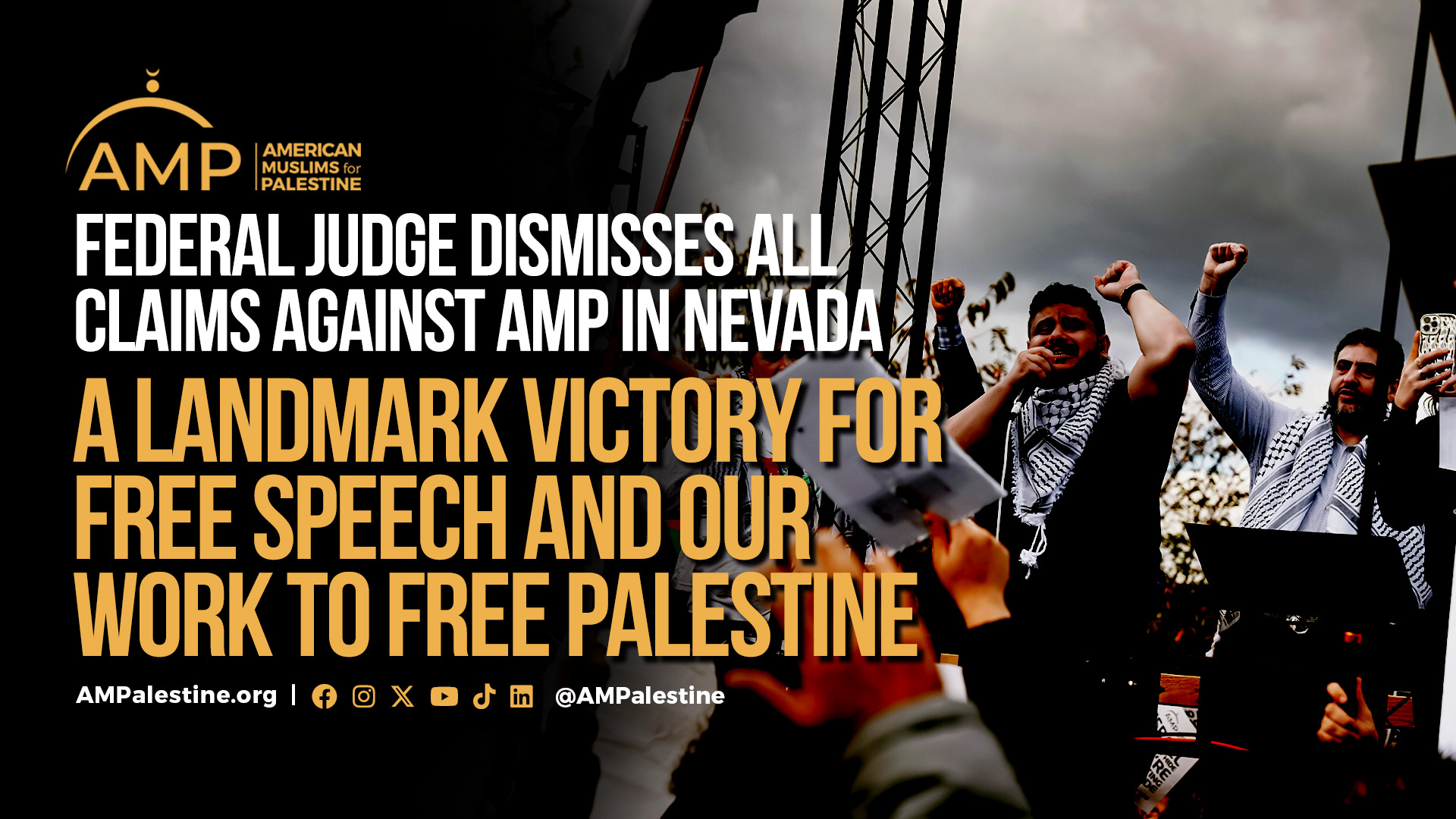Palestinians in besieged Gaza wage daily battle for survival - Dr. Hatem Bazian
As Palestinians mark the anniversary of Operation Cast Lead, Israel’s offensive against the people of Gaza that began on Dec. 27, 2008, another battle is being waged that has garnered little attention.
In flagrant violation of international humanitarian law – most notably Article 33 of the Fourth Geneva Convention, which prohibits collective punishment – Israel has sealed tight Gaza’s borders with Israel and Egypt. Not only has the three-year-old blockade crippled Gaza’s economy, plunging 90 percent of its 1.5 million inhabitants into poverty, it has severely restricted Palestinians’ freedom of movement, another international law violation.
Every day, the Palestinians of Gaza – a small strip of land about one-quarter the size of Los Angeles on the Mediterranean Sea – struggle to survive amid a humanitarian crisis brought about by Israel’s blockade.. The crisis was made worse last winter when the Israeli military killed 1,409 Palestinians – including 355 children – and destroyed among other things hospitals, mosques, schools and water treatment plants. The siege prohibits the export of Palestinian goods and severely limits the import of humanitarian supplies such as food, medicine and reconstruction materials. The United Nations reports that Israel allows into Gaza less than 25 percent of the goods it did before the siege began in June 2007.
This fall, Israel permanently closed the Nahal Oz crossing, the sole oil and gas terminal serving Gaza. Severely restricted supplies – less than 20 percent of what is needed – are shipped through another crossing. Palestinian media report more than 30 service stations have closed for lack of fuel. Hospitals have ceased cooking food or doing laundry – both of which negatively impact hygiene and health in those institutions.
In fact, health care is a casualty of the blockade.
At least 362 people have died since June 2007 because they could not access appropriate medical care, according to the Palestinian National Authority Ministry of Health. Twenty-two people died in the first eight months of 2009 alone. As of June, nearly 20 percent of essential drugs for things like kidney and heart disease were depleted, according to the Gaza Central Drug Store.
Water-borne illnesses such as diarrhea are on the rise, particularly in children, because wastewater treatment plants destroyed in Operation Cast Lead spew raw sewage into neighborhoods and the Mediterranean Sea daily. The siege’s prohibition on building materials prevents the plants from being rebuilt. Only 5 to 10 percent of Gaza’s wells are safe for drinking, the World Bank says. Health experts warn that deadly diseases such as cholera could erupt at any time.
International law guarantees everyone the right to an adequate standard of living – to work, food and water. Israel’s blockade denies the Palestinians of Gaza these rights. The Fourth Geneva Convention, to which Israel is a signatory, stipulates that occupiers must protect the people it occupies – including providing adequate medical care.
The United States often makes aid to foreign countries contingent upon human rights practices. Yet, when it comes to Israel, the U.S. annually awards more than $3 billion in unconditional military and other aid. The White House sometimes rebukes Israel for its human rights abuses, but the words remain empty as long as the equivalent of $7 million per day continues to flow to Israel with no strings attached.
The U.S. recently vetoed a measure in the UN Human Rights Council supporting the Goldstone Report, a UN-sanctioned study that said Israel committed war crimes and possibly crimes against humanity - not only last winter’s war but with the blockade as well.
This veto, along with continued U.S. monetary support, allows Israel to act with impunity as it continues to illegally occupy the West Bank, Gaza and East Jerusalem. U.S. support of Israel hurts our standing in the Arab and Muslim worlds and weakens our negotiating stance with all parties to the conflict.
It is time for the American public to raise its voice and to urge Congress and President Barack Obama to hold Israel accountable for its flagrant violation of international law and human rights abuses by applying the same standards to Israel to which other countries that receive foreign aid are held.
In other words, Israel must lift the blockade, end the occupation and restore human rights to all Palestinians or there will be no more U.S. aid.
Dr. Hatem Bazian
AMP chairman
Professor of Near Eastern and Ethnic Studies
University of California, Berkeley



